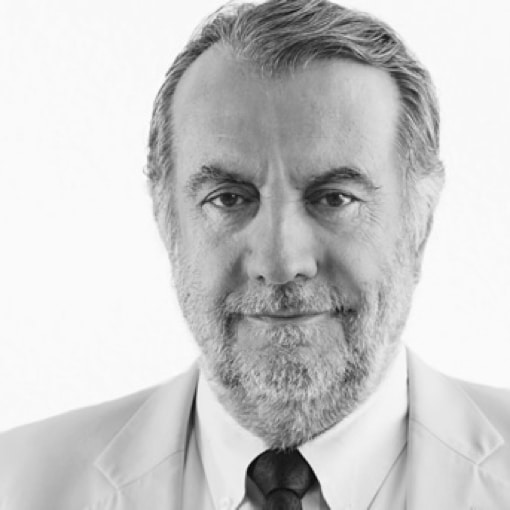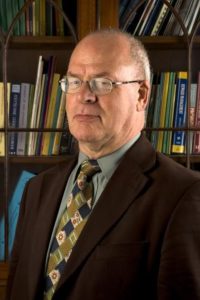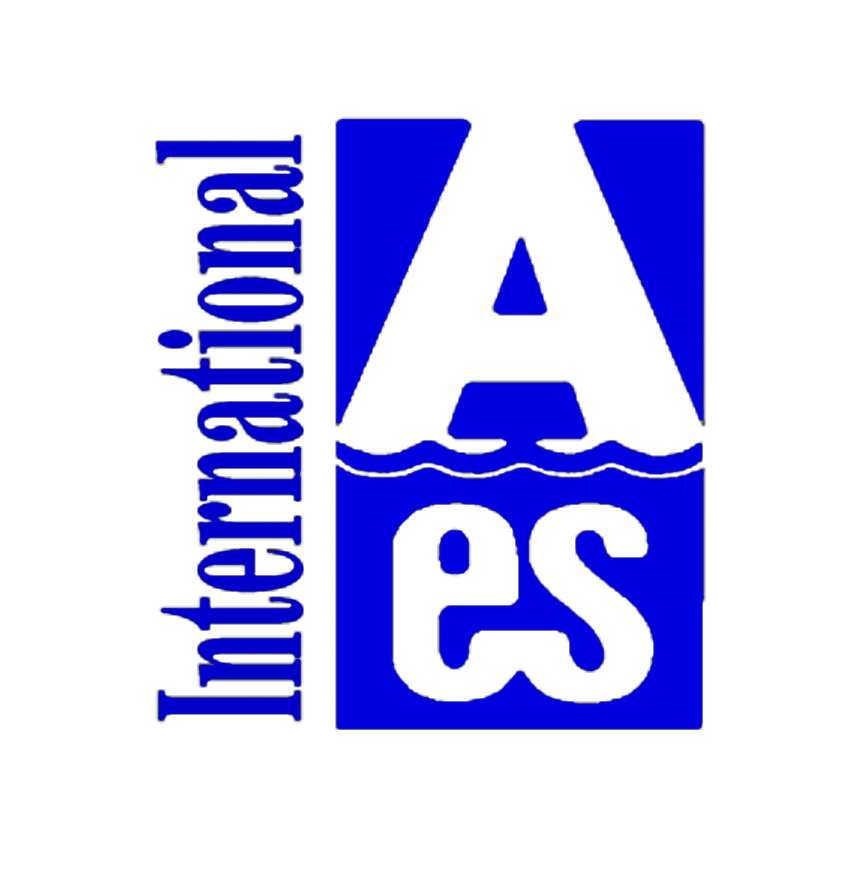The 91st International Atlantic Economic European Conference held virtually, 19-22 May 2021, brought together economists and finance experts from around the world to discuss the economic issues of the past, present, and future.
This year’s conference featured stellar plenary panels, including “Managing the U.S. Dollar” organized by Robert Aliber, “Public Goods, Sustainable Development, and the Contribution of Business” organized by Roland Bardy, and “The Future of Europe and the UK over the Decade: The Role of Single European Market and Restoring Relations” organized by Gordon Brady.
We would like to thank the participants of the 91st International Atlantic Economic European Conference!
Highlights Included:
Plenary Panel: “MANAGING THE U.S. DOLLAR”
Chair and Organizer: Robert Z. Aliber
View Plenary Panel Video Here:
Brendan Brown, Macrohedge Advisors, United Kingdom, Why has foreign monetary resistance to the inflationary dollar hegemon been weak in the past quarter century (1995-)?
Professor Brendan Brown is founding partner of Macro Hedge Advisors LLP. He was previously Head of Economic Research at Mitsubishi UFJ Securities International and associate scholar at the Mises Institute. He is a monetary economist specializing in the Austrian School, European monetary integration, and the global flow of capital and has written several books on contemporary finance and financial history. Professor Brown has also developed unique tools for market analysis and an investment strategy based on monetary economics and behavioral finance. He received a Ph.D. from the University of London, an MBA from the University of Chicago, an MSc from the London School of Economics, and an undergraduate degree from Cambridge University. Professor Brown is a columnist with Nikkei Veritas (Tokyo) and frequent contributor to Bloomberg TV and Radio.
Robert McCauley, Boston University, U.S.A., Managing the dollar over its cycles (co-author: Lawrence Kreicher, Duke University, NC, U.S.A.)
Professor Robert N McCauley is a Nonresident Senior Fellow, Global Development Policy Center, Boston University, and Senior Research Associate, the Global History of Capitalism project, Oxford Centre for Global History, University of Oxford. He previously worked at the Bank of International Settlements and the Federal Reserve Bank of New York. Recent work includes “Safe assets and reserve management”, “Central bank swaps now and then” (with Catherine Schenk), “Currency composition of foreign exchange reserves” (with Hiro Ito), and “Triffin: Dilemma or myth?” (with Michael Bordo).
Robert Z. Aliber, University of Chicago, U.S.A., The U.S. gold re-entry problem: 1933-34 and 1971-202?
Professor Robert Z. Aliber is Professor Emeritus of International Economics and Finance at the University of Chicago. He is best known for his contribution to the theory of foreign direct investment. Robert Z. Aliber received a Bachelor of Arts degree from Williams College (1952) and Bachelor of Arts (1954) and a Master of Arts (1957) from Cambridge University. He received his Ph. D. from Yale University. He was appointed as an Associate Professor at the University of Chicago in 1964. He has consulted for the Board of Governors of the Federal Reserve System, the World Bank, International Monetary Fund and testified before Congress. He has written extensively about currency pricing shock, exchange rates, financial crises, and international banking relationships. He is probably best known for predicting the Icelandic financial crisis several years before it occurred.
Gylfi Zoëga, University of Iceland—Iceland, and University of London, United Kingdom, Current account balances in Scandinavia
Professor Gylfi Zoëga is the University of Iceland Fellow and Senior Lecturer, Birkbeck College University of London. His areas of specialization are macroeconomics and labor economics. He is affiliated with the Monetary Policy Committee–Central Bank of Iceland as an External Member. Among his numerous articles, several are co-authored with Nobel laureate Edmund Phelps, in particular a book on structural slumps. He has been an active contributor to economic policy debates in Iceland.
Plenary Panel: “PUBLIC GOODS, SUSTAINABLE DEVELOPMENT, AND THE CONTRIBUTION OF BUSINESS”
Chair and Organizer: Roland Bardy
View Plenary Panel Video Here:
Roland Bardy, BardyConsult

Dr. Roland Bardy is the owner of BardyConsult in Mannheim, Germany, where he mainly engages in management education, and he serves as Executive Professor at Florida Gulf Coast University. Born in Vienna, Austria, he received his B.Sc. in Chemistry in 1964, his M.B.A. degree in 1969, and his Ph.D. degree (in econometrics) from Heidelberg University, Germany, in 1974. He worked in Finance and Administration of BASF SE, the German multinational chemicals manufacturer, for about 30 years until 1999.
Arthur Rubens, Florida Gulf Coast University
Dr. Arthur Rubens is an Associate Professor of Management in the Lutgert College of Business at Florida Gulf Coast University. He is the former Director of Sponsored Projects and Programs in the College of Business, Center for Leadership and Innovation at Florida Gulf Coast University. Prior to Dr. Rubens’ appointment in the College of Business, he held joint appointments in Business and Public Administration where he taught and developed courses in health administration, general management, and public administration (distance and in-class), and served as lead faculty for the health administration concentration. Dr. Rubens also served as the chairperson for the Division of Public Administration throughout the development of the MPA program. Dr. Rubens earned his doctorate from the University of Pittsburgh in health service administration. Dr. Rubens also has an MS in community health and an MPA in public administration.
Raymond Saner, Center for Socio-Economic Development, Switzerland

Professor Raymond Saner is Titular Professor at Basel University (Economics Department) and teaches at Lüneburg University, Germany (environmental sciences). He is a reviewer and partner of research projects and co-founder of the Centre for Socio-Eco-Nomic Development (CSEND), a Geneva-based non-governmental research and development organization (NGRDO) with United Nations Economic and Social Council (ECOSOC) accreditation and consultative status (since 1993). Professor Raymond Saner was also a member of Expert Group Meeting (EGM) on Global Sustainable Development, 2013; member of EGM on agenda-setting for the HLPF of Post 2015 Development Agenda, 2014.
Lichia Saner-Yiu, Center for Socio-Economic Development, Switzerland

Professor Lichia Saner-Yiu specializes in Organisation Development & Institutional Learning. In her capacity as the head of an ECOSOC think tank, she is active in policy debates, analysis, and implementation design of reform of public administration. She also teaches at different universities in Japan, Italy, and other countries on topics related to management and leadership, human resource development (micro and macro), and since 2014 Sustainable Development Goals (SDGs). Samples of her involvement with the 2030 Agenda include author of academic publications on SDGs (city, education, poverty, data and monitoring, and institutional capacity building), Co-convener and presenter for the SD Learning Module on Monitoring and Review at the 2015 HLPF; Reviewer of the 2015 Global Sustainable Development Report, Contributor to Regional SDG Consultation Meetings and Director of CSEND Summer School on Global Leadership and SDG since 2015.
Plenary Panel: “FUTURE OF EUROPE AND THE U.K. OVER THE DECADE: THE ROLE OF THE SINGLE EUROPEAN MARKET AND RESTORING RELATIONS”
Chair and Organizer: Gordon Brady
View Plenary Panel Video Here:
Michael Lloyd, Global Policy Institute London, The Uncertain Future of the UK Outside Europe

No Slides Available
Professor Michael Lloyd, Associate Director, LCA Europe Limited and Senior Research Fellow, Global Policy Institute (GPI). He studied political economy at Trinity College, University of Cambridge. He has wide experience as an applied economist in industry and in European international organizations and as an economic adviser, notably as Economic Adviser on Economic and Monetary Union to the European Parliament in 1998, covering preparations for the launch of the Euro in 1999. His experience includes posts as an economist with the UK Trades Union Congress between 1970 and 1973; European Commission official, 1973 to 1980; International Director British Shipbuilders, 1980 to 1984; Managing Director of an economic consultancy company from 1984 to 1997; European Parliament Economic Adviser, 1998; Director, Alliance of Maritime Regional Interests in Europe (AMRIE), Brussels, 1999 to 2008; Senior Research Fellow, GPI, 2008 to the present. His specializations are monetary economics, the economics of European integration, the economics of innovation, and transport economics. He published The Euro and the UK: The Political Economy and is currently writing a book on ‘An Alternative Political Economy’.
Angelo Santagostino, Yildirim Beyazit University, Ankara, Covid-19, Next Generation EU, Single European Market, “Stability and Growth Pact” and the Future of Europe
Professor Angelo Santagostino is Jean Monnet ad personam Chair in European Economic Integration in the Department of Economics of Ankara Yildirim Beyazit University, Turkey, where he delivers courses on Integration Theories, EU Policies and Economic Development. He first obtained his JM Chair in 1997 at Brescia University, Italy. His work is focused on the EU integration process and on classical liberal thought, especially its origins. His interest in European integration took his research beyond economics, to reflections on the common cultural patrimony of Europe. He has published book chapters and a number of journal articles and is a regular contributor to the Giornale di Brescia. He is a member of the Mont Pelerin Society, the American Economic Association, and the Ankara International Rotary Club.
Gordon Brady, Florida Southern College, Innovation-Induced Rent Seeking As A Free Trade Treaty Provision: Facilitation Of Regulatory Reform
Professor Gordon Brady is currently a Senior Research Fellow, Florida Southern College. Previous positions include Senior Economist, U.S. Congress, Joint Economic Committee, U.S. Senate and Senior Advisor, Environmental Economics, Department of State. He has over 80 publications and co-authored several books, Government Failure: A Primer on Public Choice; On the Trail of Homo Economicus; Essays by Gordon Tullock; and Formal Contributions to the Theory of Public Choice: The Unpublished Works of Duncan Black.
Francesco Forte, Sapienza University of Rome, European monetary and public finance institutions from 1992 Maastricht Treaty to Next Generation EU New Deal in 2021
Professor Francesco Forte is Professor Emeritus at the Sapienza University of Rome, School of Economics and Law. He is former Minister of Finance, European Affairs and Foreign Aid of the Italian Government and a former Senator and Chairman of the Finance and Treasury Committee of the Italian Senate. He also is a former President of the International Atlantic Economic Society and a current member of the Board of Editors of the International Advances in Economic Research. Professor Forte has authored numerous publications on public and political economics. He is one of the founding fathers of the Public Choice school. Professor Forte contributed to important European commissions for the development of the European Community and the construction of the European Monetary Union. These Commissions include the Marjolin Commission, Mac Dougall Commission, and ForteStudy Groups on the Equalization Transfer for the EU Community. His contributions are in theoretical and applied economics. His bibliography includes 35 books and more than 350 articles in academic journals and volumes at the national and international level.









